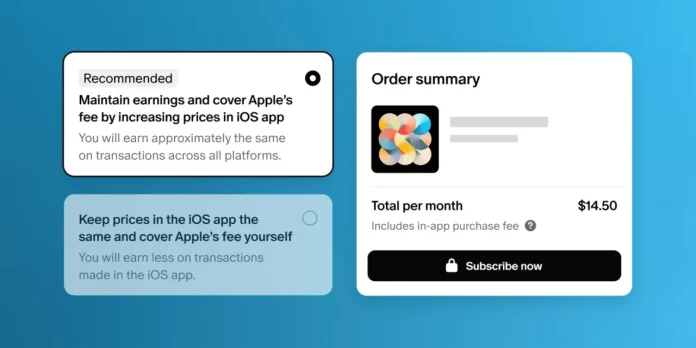Patreon, the popular platform for creators, is facing significant challenges as Apple requires them to use its in-app payment system. This move forces Patreon to hand over 30% of every transaction made through the app to Apple, a fee that has long been criticized by developers and creators alike. The policy, known as the “Apple Tax,” is being enforced more strictly, impacting platforms like Patreon that rely on subscription-based models.
Apple’s payment policy has sparked controversy for years, especially among digital platforms that depend on subscription or in-app purchases. The 30% cut means creators receive less income, and platforms like Patreon may need to adjust their pricing structures or absorb the loss. This change could lead to increased subscription fees, directly affecting users who support their favorite creators.
The enforcement of this policy comes at a time when the debate over Apple’s control of its App Store is intensifying. Many argue that Apple’s monopoly over in-app payments is stifling competition and innovation, leaving companies like Patreon with few options but to comply or risk being removed from the App Store entirely.
Platforms like Patreon are now navigating a complex landscape where they must balance compliance with Apple’s rules while ensuring that creators and users are not unfairly burdened. This situation could also reignite discussions around antitrust regulations and whether companies like Apple should be allowed to enforce such stringent terms on third-party platforms.
In addition to Patreon, other companies have also raised concerns about the impact of the “Apple Tax.” Recently, Epic Games filed a lawsuit against Apple over similar issues, arguing that the company’s control over in-app payments is anti-competitive. The outcome of such cases could set a precedent for how platforms like Patreon navigate their relationships with tech giants like Apple in the future.
For creators and users of Patreon, this development is a reminder of the broader challenges facing the digital economy. As platforms seek to innovate and provide value to their communities, they must also contend with the realities of operating within ecosystems controlled by powerful companies like Apple. The future of platforms like Patreon may depend on finding ways to adapt to these challenges while advocating for more equitable terms from tech giants.

